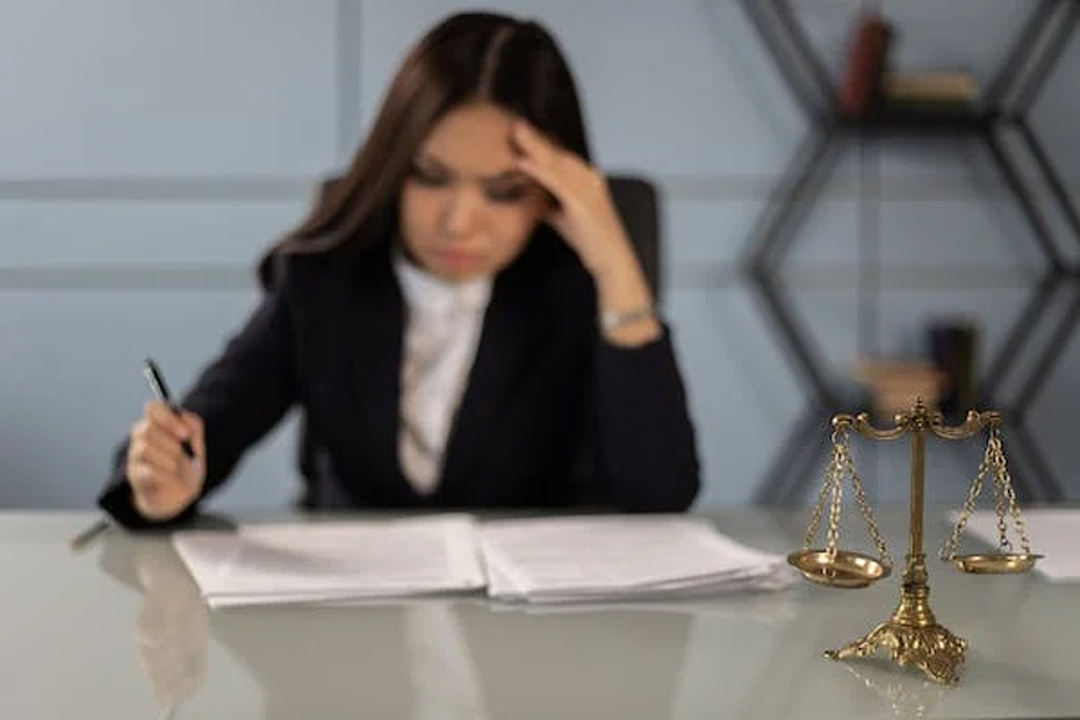
1. Make sure to consult with a personal injury attorney
It is important to consult with a personal injury attorney immediately after an accident or injury to protect your rights and ensure that you receive the compensation you deserve. A personal injury lawyer can guide how best to proceed with a claim, as well as represent you should your case go to court. An experienced personal injury attorney will be able to evaluate the facts of your case and determine whether pursuing legal action is in your best interest. For example, Bethlehem personal injury attorneys can help you understand Pennsylvania personal injury law and ensure that all of your rights are protected. It is important to note that consulting with a personal injury attorney does not necessarily mean that you must take your case to court.
2. Take time to rest and recover
It is important to take the time you need to allow your body to heal from an injury. Resting can help reduce inflammation, speed up healing, and prevent further damage. Make sure to get plenty of sleep – aim for 8 hours a night – and make room in your schedule for regular breaks throughout the day. Additionally, it may be beneficial to incorporate physical activity into your daily routine. Gentle exercises such as walking or yoga can help keep you active without putting too much strain on your body
3. Maintain a healthy lifestyle
Maintaining a nutritious diet and engaging in daily exercise will help promote overall well-being following an injury. Eating healthy helps increase energy levels, boosts immunity, and reduces fatigue. Additionally, engaging in low-impact physical activity keeps your joints mobile and can reduce inflammation. A combination of strength training and cardiovascular exercise can help you stay strong and prevent further injury. It’s also important to avoid any activities that put excessive strain on the injured part of your body.
4. Connect with a support network
It is important to reach out for emotional support after an injury. Whether this means talking to friends, family members, or a therapist, you mustn’t suffer alone. Surrounding yourself with people who understand what you are going through can be incredibly helpful in managing stress levels and processing the trauma associated with an injury. Some people need more emotional support than others, so do not be afraid to ask for help if you need it.
5. Practice relaxation techniques
Practicing relaxation techniques such as meditation or deep breathing exercises can be effective at reducing anxiety, calming the mind, and helping to promote overall well-being. Meditation can help to reduce physical tension and quiet the mind, while deep breathing can be used to release stress and promote relaxation. Additionally, engaging in activities such as yoga or tai chi can help to relieve muscular tension and improve mental clarity. Taking time for yourself allows you to reconnect with your body, relax away from the hustle of life, and find peace within yourself.
6. Seek professional help
It is important to seek professional help if you are struggling with the emotional impact of an injury. A therapist or licensed mental health professional can provide guidance, support, and resources to help you heal physically and emotionally. They can also provide strategies for managing stress levels, improving sleep patterns, and creating a healthy lifestyle in the wake of an injury. Additionally, they may recommend other treatments such as cognitive behavioral therapy (CBT) or group therapy to help you overcome any trauma associated with your injury.
7. Get back to your life
Taking the time to care for your physical and mental well-being after an injury is essential. Setting realistic goals and taking small steps towards achieving them can help you regain a sense of normalcy in your life. This could be something as simple as resuming a hobby or making plans with friends. It may also take some time to get used to any lifestyle changes that have occurred as a result of the injury, but it will be worth it in the long run.
8. Stay positive
It is important to stay positive throughout the recovery process, even when things seem bleak. Reminding yourself that you are doing everything you can to heal and move forward can help keep negative thoughts at bay. Additionally, try keeping a gratitude journal or engaging in activities that bring you joy. These simple acts can help to lift your spirits and maintain a sense of optimism throughout the recovery process.
Why is psychological and emotional well-being important after an injury?
Psychological and emotional well-being is essential to the recovery process following an injury. This is because the physical pain and trauma associated with an injury often come with a range of mental and emotional consequences, such as depression, anxiety, fear, or anger. Taking the time to care for your mental well-being is just as important as caring for your physical health. Doing so can help reduce stress levels, improve moods, regulate sleep patterns, and increase self-esteem. Additionally, engaging in activities that promote relaxation can provide a sense of control and peace during a difficult time. It is important to remember that you are not alone in your recovery journey, and seeking professional help if needed can help manage the psychological and emotional impact.
By taking the time to care for yourself after an injury, you are giving yourself the best chance at making a full recovery and getting back to living life on your terms. Remember that healing takes time, so be kind and gentle with yourself as you navigate this difficult experience. With patience and perseverance, you can come out stronger on the other side. Good luck!
Comments
comments